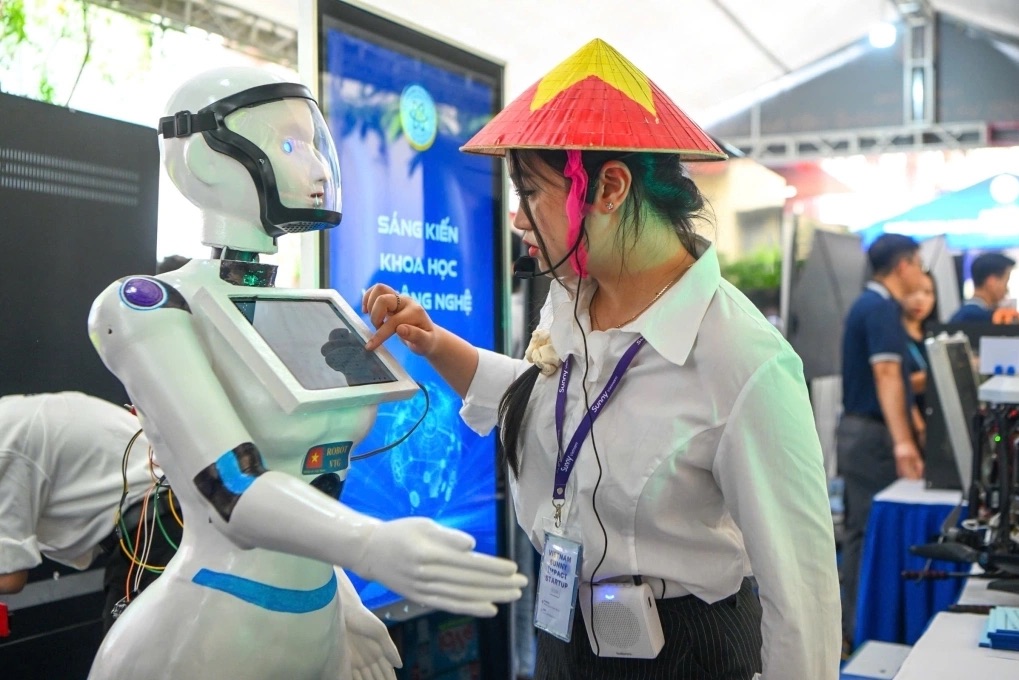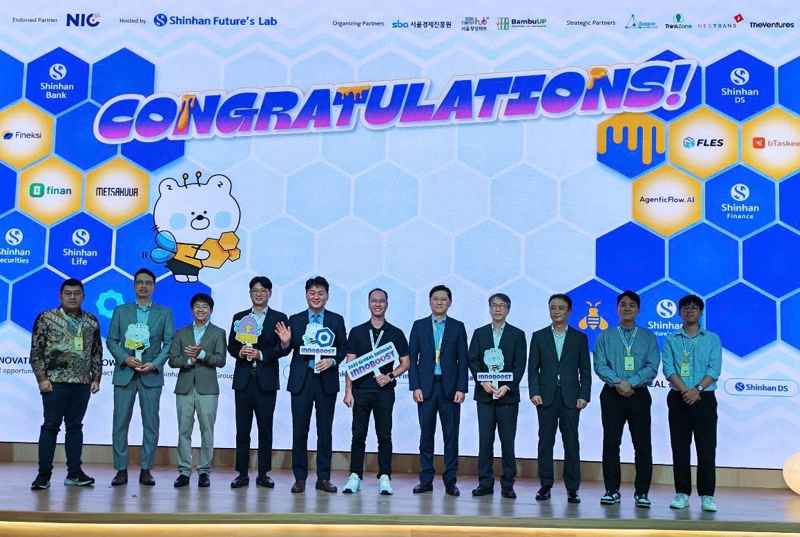Hanoi Unveils 5-Year Plan to Boost SMEs and Startups
Hanoi has taken a bold step forward with the introduction of a comprehensive 5-year policy to support small and medium-sized enterprises (SMEs) and startups from 2026 to 2030. Approved by the Hanoi People’s Council, this initiative aims to bolster innovation, facilitate digital transformation, and promote economic growth across the region. Targeting over 340,000 businesses—97% of which fall under the SME category—Hanoi plans to provide extensive financial backing for consulting, training, and infrastructure improvement. The funding will also extend to international tech-focused programs, ensuring that local entities are competitive on a global scale.

The focus will be on sectors that have shown promising potential, including artificial intelligence (AI), financial technology (fintech), agricultural technology (agritech), and creative industries. The policy outlines an impressive funding strategy, offering up to 100% coverage for expert consulting and training and 70% for short-term overseas training. This approach aims not only to reduce the risks associated with launching early-stage businesses but also to enhance investor confidence through a transparent support system that yields measurable outcomes. By aligning this initiative with national innovation goals, Hanoi positions itself as a pivotal player in Vietnam’s burgeoning startup ecosystem and enhances its global competitive standing.
Warburg Pincus CEO: Vietnam is Hitting Its Economic Stride
In an insightful analysis, Jeffrey Perlman, the CEO of Warburg Pincus, has emphasized Vietnam’s arrival at a significant phase of economic growth. Drawing parallels with economic models from powerhouses like China and India, Perlman highlights a solid economic “flywheel” that propels Vietnam forward. Since Warburg began its investments in Vietnam 13 years ago, GDP per capita has impressively escalated from under $3,000 to nearly $5,000, while the stock market capitalization has ballooned to between $200 billion and $250 billion. Perlman characterizes this growth as a “feedback loop,” where increased consumer demand and robust investor confidence fuel one another.

Despite facing global challenges such as tariffs and market volatility, Vietnam’s resilience shines through the support of a pro-business government, ongoing market reforms, and reinforced trade relationships with the United States. The nation’s supply chain positioning is also advantageous, benefiting from a “China-plus-one” strategy complemented by a skilled workforce. Warburg’s portfolio company, BW Industrial, illustrates this burgeoning growth, having leased nearly 1 million square meters within just five months, surpassing 80% of its annual leasing target and doubling last year’s figures.
The successful IPOs of local giants like Vincom Retail and Techcombank reflect a positive liquidity trend and increasing investor confidence. Warburg’s continued investments in promising firms like MoMo and Xuyen A Hospital exemplify their long-term commitment to Vietnam’s potential. As the country moves toward a more mature economic landscape, sustaining policy stability and maintaining openness to foreign capital will be essential in preserving this upward trajectory.
1Office Secures $3M from Redbadge Pacific and Other Investors
In an exciting development, Vietnamese startup 1Office has secured $3 million in a new funding round led by Redbadge Pacific, the Asia-Pacific arm of the U.S.-based Redbadge family office. This funding round follows a successful Series A investment from Japan’s Mynavi in 2023 and comes at a time when the company celebrates an annual growth rate of 50%, profitability, and a staggering client base of over 6,000 enterprises. Renowned for its enterprise management software, 1Office is now gearing up for its next growth phase.

The newly acquired capital is set to fuel the “1Office Next” strategy, which aims to transition the company from a traditional SaaS model to an AI as a Service (AaaS) model. This strategy includes the development of AI-driven agents to automate HR functions, sales processes, meetings, and performance evaluations while also exploring potential acquisitions of local AI startups to build a cohesive AI ecosystem. This shift is indicative of Vietnam’s increasing ambitions in AI and semiconductor innovation.
Recent developments have highlighted this trend, including AI Hay securing $10 million from Argor Capital and Vingroup’s collaborative initiatives with Nvidia and Qualcomm. These movements underscore the robust investor interest in Vietnam’s expanding digital economy, signaling that the future is bright for homegrown innovations.
Shinhan InnoBoost 2025 Selects 6 Startups for Its Acceleration Program
Exciting opportunities are emerging in Vietnam’s startup scene as Shinhan Future’s Lab Vietnam has announced the selection of six local startups for the acceleration phase of the Global Shinhan InnoBoost 2025 program. Officially launched on July 11, the program is backed by the National Innovation Center (NIC) and co-organized with Seoul-based partners, including BambuUP. It aims to connect startups with real-world challenges in finance, paving the way for innovative solutions to emerge.

The chosen startups are Fineksi—specializing in AI credit automation, Sobanhang—a finance platform for MSMEs with over 600,000 users, Metsakuur—developing facial recognition solutions, bTaskee—offering household services, Borra—a Gen Z marketing platform, and AgenticFlow AI—a no-code AI automation platform. Throughout the next 16 weeks, these startups will have the opportunity to test their products in real banking, insurance, and cybersecurity settings, culminating in a Demo Day event in November.
This initiative clearly signals Vietnam’s growing capacity for fintech and AI innovation, offering valuable support for startups through corporate collaboration, cross-border assistance, and accelerated product-market validation.
Vietnam Boosts Startup Funding with New National Venture Capital Fund
Vietnam is set to ramp up support for startups and SMEs with the bolstering of the Small and Medium Enterprise Development Fund (SMEDF) and the forthcoming launch of a National Venture Capital Fund in October 2025. The SMEDF has already made significant strides, providing loans and seed funding, co-investing with local VC funds and distributing VND 900 billion to 60 SMEs to date. Notably, 700 billion has been issued over the last three years alone. Furthermore, startups focused on green or ESG-aligned projects can benefit from a 2% annual interest subsidy.

The upcoming National Venture Capital Fund will directly invest in innovative startups, co-invest with alternative funds, and support broader innovation efforts across the sector. Additionally, the government is introducing regulatory sandboxes aimed at facilitating the testing and scaling of new business models. These initiatives reflect a concerted effort to enhance access to capital, improve governance, and reinforce Vietnam’s startup landscape for sustained growth.
Genesia Ventures is an early-stage venture capital firm operating in Japan and Southeast Asia, with a strong belief in the long-term potential of Vietnam’s digital economy. Beyond providing vital capital, the fund actively supports startups through strategic guidance and connections to a broader regional network.